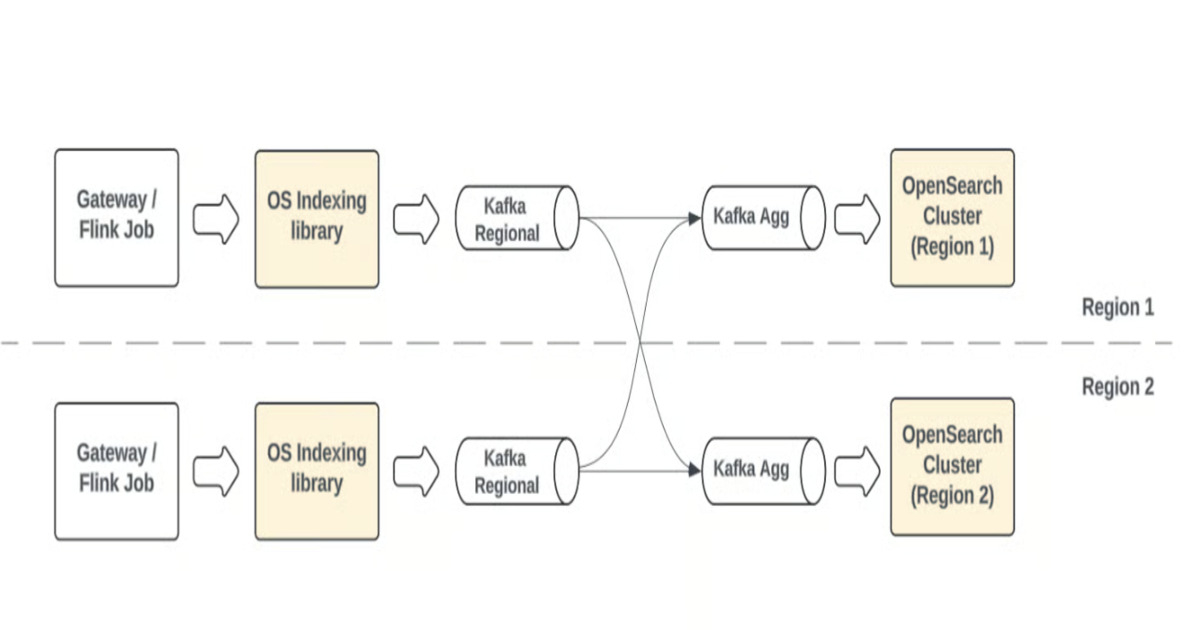Codetown
Codetown ::: a software developer's community
My Friends (654)
Sort by:
Notes
Welcome to Codetown!
 Codetown is a social network. It's got blogs, forums, groups, personal pages and more! You might think of Codetown as a funky camper van with lots of compartments for your stuff and a great multimedia system, too! Best of all, Codetown has room for all of your friends.
Codetown is a social network. It's got blogs, forums, groups, personal pages and more! You might think of Codetown as a funky camper van with lots of compartments for your stuff and a great multimedia system, too! Best of all, Codetown has room for all of your friends.
Created by Michael Levin Dec 18, 2008 at 6:56pm. Last updated by Michael Levin May 4, 2018.
Looking for Jobs or Staff?
Check out the Codetown Jobs group.
InfoQ Reading List
Uber Moves In-House Search Indexing to Pull-Based Ingestion in OpenSearch

Uber transitions its in-house search indexing to OpenSearch with a pull-based ingestion framework, improving reliability, backpressure handling, and multi-region consistency for large-scale streaming data while simplifying recovery and supporting global, real-time search experiences.
By Leela KumiliArticle: Building LLMs in Resource-Constrained Environments: A Hands-On Perspective

In this article, the author argues that infrastructure and compute limitations can drive innovation. It demonstrates how smaller, efficient models, synthetic data generation, and disciplined engineering enable the creation of impactful LLM-based AI systems despite severe resource constraints.
By Olimpiu PopXcode 26.3 Brings Integrated Agentic Coding for Anthropic Claude Agent and OpenAI Codex

The latest release of Xcode, Xcode 26.3, extends support for coding agents, such as Anthropic's Claude Agent and OpenAI's Codex, helping developers tackle complex tasks and improve their productivity.
By Sergio De SimonePodcast: [Video Podcast] Improving Valkey with Madelyn Olson

In this episode, Thomas Betts chats with Madelyn Olson, a maintainer of the Valkey project and a Principal Software Development Engineer at Amazon ElastiCache and Amazon MemoryDB. The conversation covers how Valkey started as an open source fork of Redis and how the maintainers optimized the memory usage and improved throughput.
By Madelyn OlsonCloudflare Launches Vertical Microfrontend Template for Path-Based Edge Routing

Cloudflare has launched a Worker template for Vertical Microfrontends (VMFE), enabling independent teams to manage their stacks for specific URL paths, improving CI/CD efficiency. This architecture streamlines requests with low latency while offering a seamless SPA experience, promoting team autonomy and efficient dev practices. Ideal for large teams, it comes with operational trade-offs.
By Steef-Jan Wiggers
© 2026 Created by Michael Levin.
Powered by
![]()